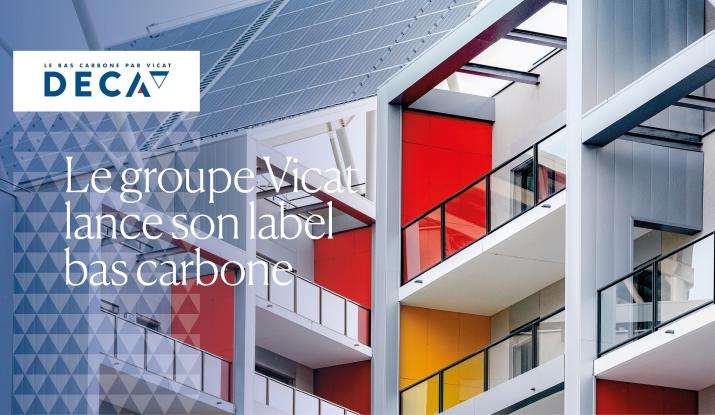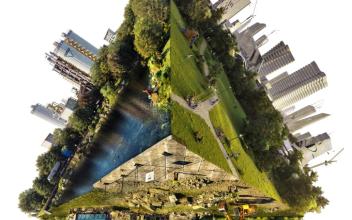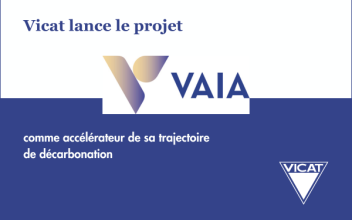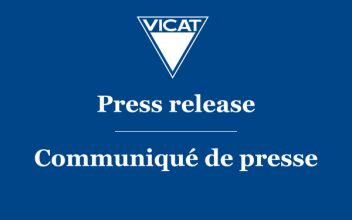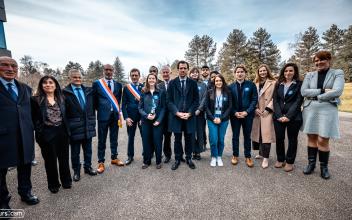The Vicat group has launched its low-carbon label, DECA
In following the trajectory it has set itself for carbon neutrality throughout its value chain, Vicat is pleased to present its low-carbon range of products, DECA, in response to France’s new environmental regulations for new buildings (RE2020).
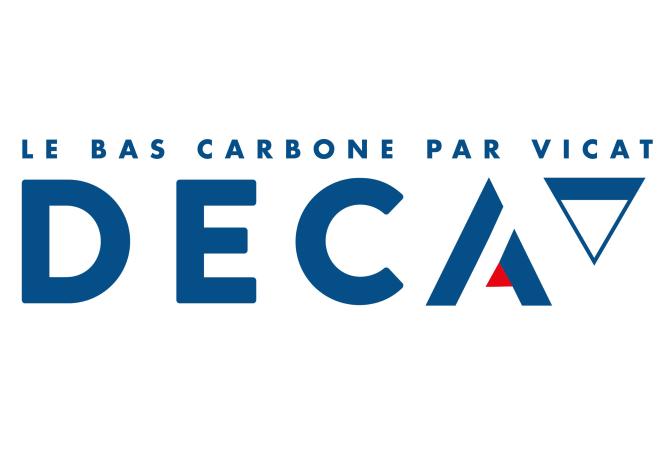
The DECA label, the physical embodiment of a sustainable low-carbon drive
Vicat strives to minimize the environmental footprint of its businesses on a daily basis. To help achieve the objective of carbon neutrality in our fields of work, we have created a new range of low-carbon products labeled DECA.
DECA—short for ‘decarbonated’—is a means of highlighting the profile of solutions the Vicat group has developed in response to the requirements of France’s new environmental regulations.
It comprises several carbon-efficiency ratings: the higher the DECA rating, the greater the carbon efficiency.
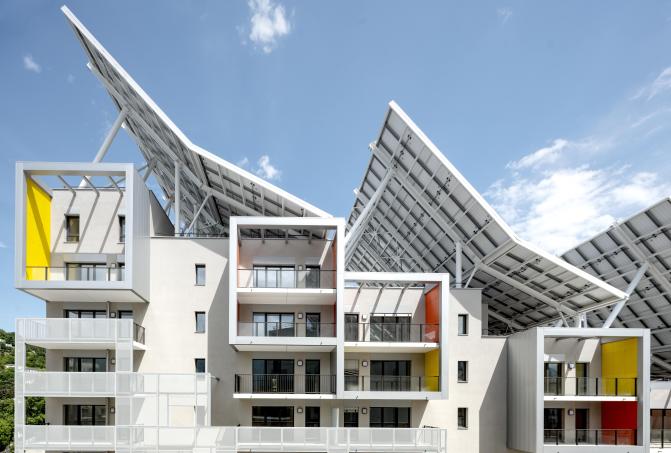
DECA low-carbon concretes
For the moment the DECA label applies to our concretes, clearly signaling which products have the greatest carbon efficiency.
There are DECA low-carbon concretes for several business sectors, e.g. building (structural, finishings), civil engineering, suppliers (wholesale and retail outlets), and precasting.
DECA mix designs can be developed for the specific requirements and technical criteria of all kinds of works
Put simply, the DECA¹ label covers Vicat concretes whose carbon impact is 10% to 20% lower than that of more conventional concrete mixes.
DECA² covers concretes with a 20% to 40% carbon reduction relative to conventional concretes. These low-carbon concretes for construction and civil works can be used for all applications: general-purpose concrete, floor-slab concrete, wall concrete, self-consolidating and self-leveling concrete, fair-face concrete, and exterior decorative concrete. DECA² concretes stand out from other low-carbon market solutions due to their early-age strength which allows for fast pouring/stripping cycles.
For construction of ABC (Autonomous Building for Citizens), France’s first autonomous building, in Grenoble, Vicat supplied 3,600 m³ of DECA² low-carbon concrete (essentially self-leveling and self-consolidating concretes) for the foundations, floor slabs, and internal and external walls.
The concrete made with Naturat CEM IV cement reduced carbon emissions by 30%.
